Why Ubuntu Now Beats Vista
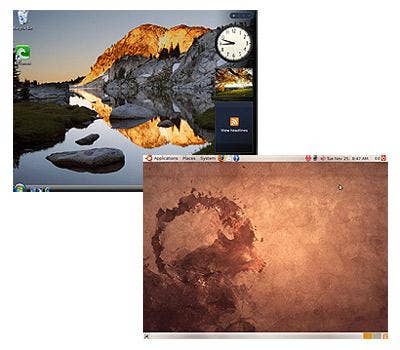
Last month, Canonical launched Ubuntu 8.10 with significant new features and performance upgrades over previous versions. But what is becoming increasingly clear is that the free, downloadable operating system has in many critical ways caught or surpassed Microsoft's flagship desktop operating system -- and poses a significant threat to the software giant if the market catches on.
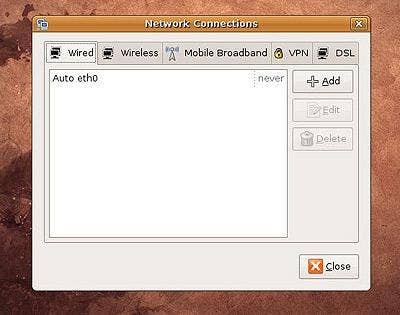
Connecting to a network via Ethernet, Wi-Fi or wireless broadband is now possible with two clicks -- an advance Ubuntu 8.10 brought forth during its release last month.
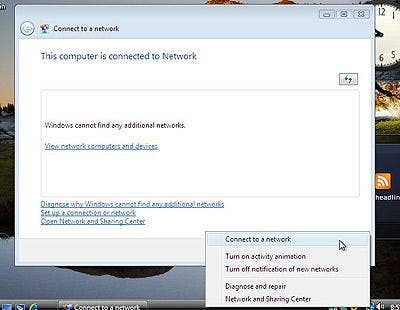
In a wired Ethernet connection, Vista will in most cases just connect -- no questions asked. But to flip back and forth between Ethernet and WLAN, for example, does take some clicking back and forth and navigation through a number of menu items, like "diagnose and repair," that in many cases aren't necessary.
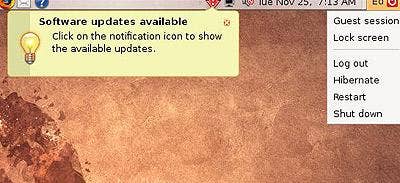
Ubuntu's "Guest" feature is intuitive and works fairly easily. This could become important in PC-sharing scenarios from enterprises right down to home use. Ubuntu also provides a user with the ability to load a "guest" image onto a thumb drive and use it on another PC running Ubuntu.
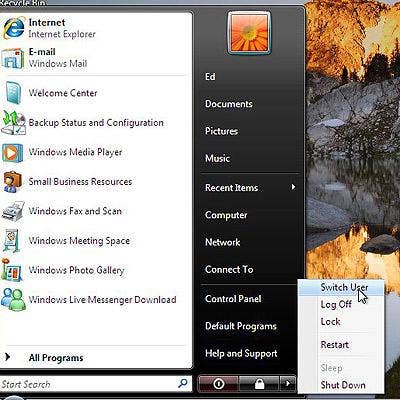
There's no "guest" image feature in Vista like Ubuntu, and the "create a user" feature on a Vista PC is not, um, user friendly.
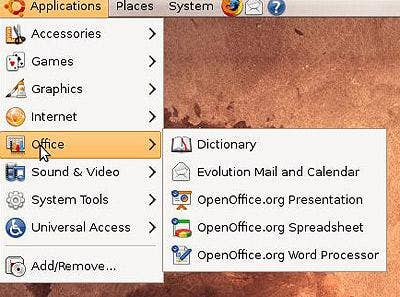
Not surprisingly, Windows-based applications like Office don't work in Ubuntu. But the open-source community has responded with nice upgrades to OpenOffice.org that work and play well with Office. From a desktop application perspective, Ubuntu offers 80 percent of the functionality of Windows. (There's still no big-league open-source alternative to things like Microsoft Access, for example.) For many, though, 80 percent of the functionality is good enough.
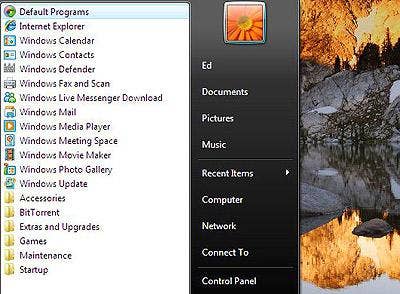
It took some time for full application support to warm up to Vista, but it's now arrived and, with Microsoft Office 2007, there's no productivity suite in the same league. It does come at a per-user cost, though (unlike OpenOffice.org or IBM Symphony), which factors into real-world considerations when compared to the free software alternative.
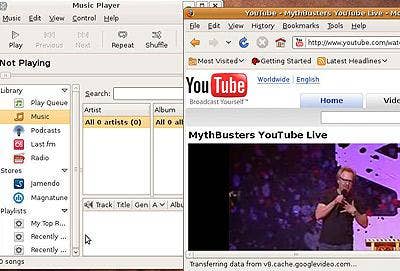
Here is where Linux has made significant strides that, sometimes, go vastly underreported. Support for iPod and MP3? Check. Flash video support? Check. Pre-installed audio players? Check. Ubuntu supports all major multimedia standards and, in Ubuntu 8.10, they're functional and intuitive right out of the box. No additional drivers or line commands necessary. Multimedia just works.
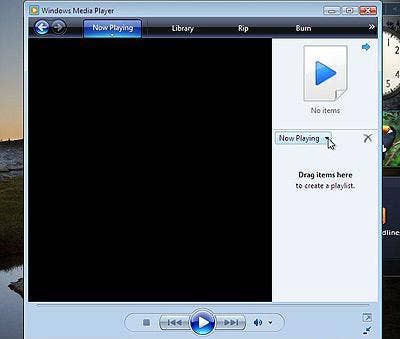
In many ways, Vista's multimedia support came into the world in the form of Microsoft Windows Media Center Edition in the XP flavor, and it's maintained a nice -- and also underreported -- ease of use with media. But since Media Center Edition's launch, Microsoft has done little if anything to extend its lead in this space and Ubuntu and Linux have, in many regards, caught up.
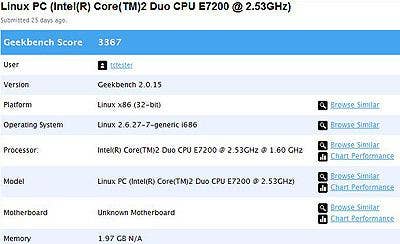
During Geekbench 2 benchmarking in the Test Center lab, this installation of Ubuntu 8.10 performed quite well in comparison to similar hardware configurations we had examined for the better part of a year. In fact, it performed so well we decided to load Windows Vista on the same exact hardware for an apples-to-apples comparison.
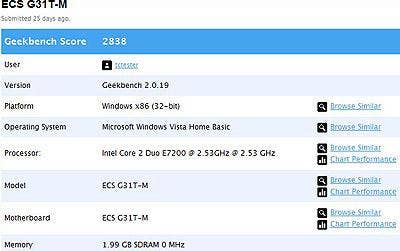
Vista's performance, widely criticized after its initial launch, has improved along with added driver support and application support. However, Microsoft still, almost laughably, maintains that Vista's minimum hardware requirement is 1 GB of memory. At 2 GB of memory, Geekbench benchmarking shows it lags the performance of Ubuntu 8.10.
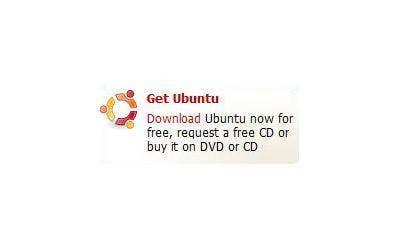
Can you beat free? Well, yes, you can, if the free product runs up significant fees to fix avoidable bugs or malfunctions. But Ubuntu 8.10 is refreshingly stable. While it provides the opportunity to add customization, as does all Linux, users are less likely to complain about stuff in Ubuntu that doesn't work than ever before. It's solid and it's free.
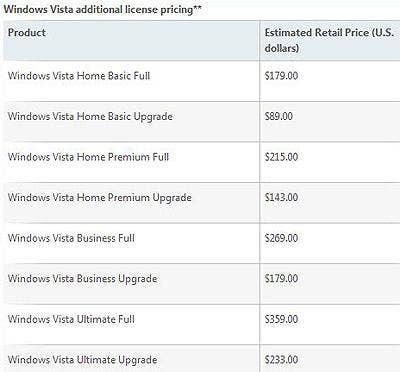
Which Vista, and which price? Retail or OEM? Business or Ultimate? $134 or $200-plus at retail locations? Microsoft's scale and expertise have long given it an edge in the marketplace. But is that scale and expertise now creating overhead that puts it at a disadvantage compared to Linux and, especially, Ubuntu? Perhaps Windows 7 will change that equation. For now, there should be significant worry in Redmond.